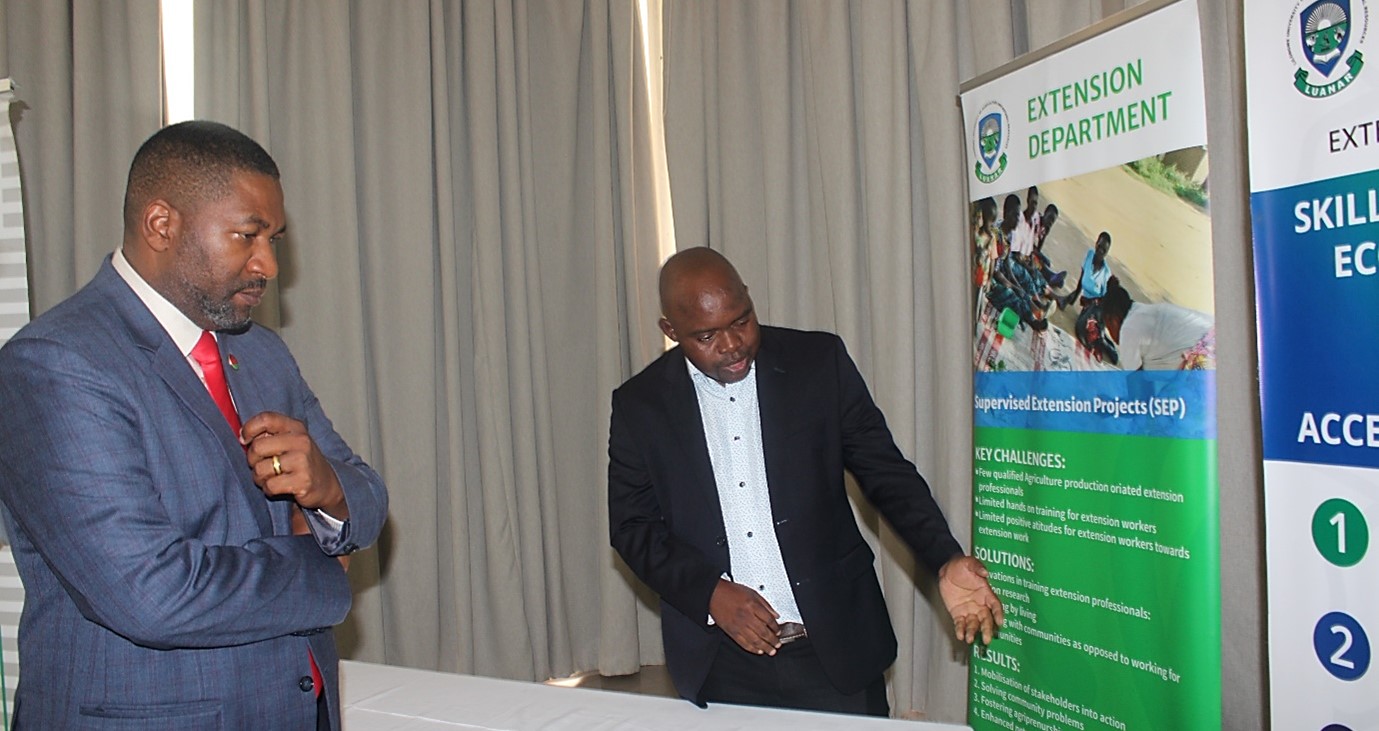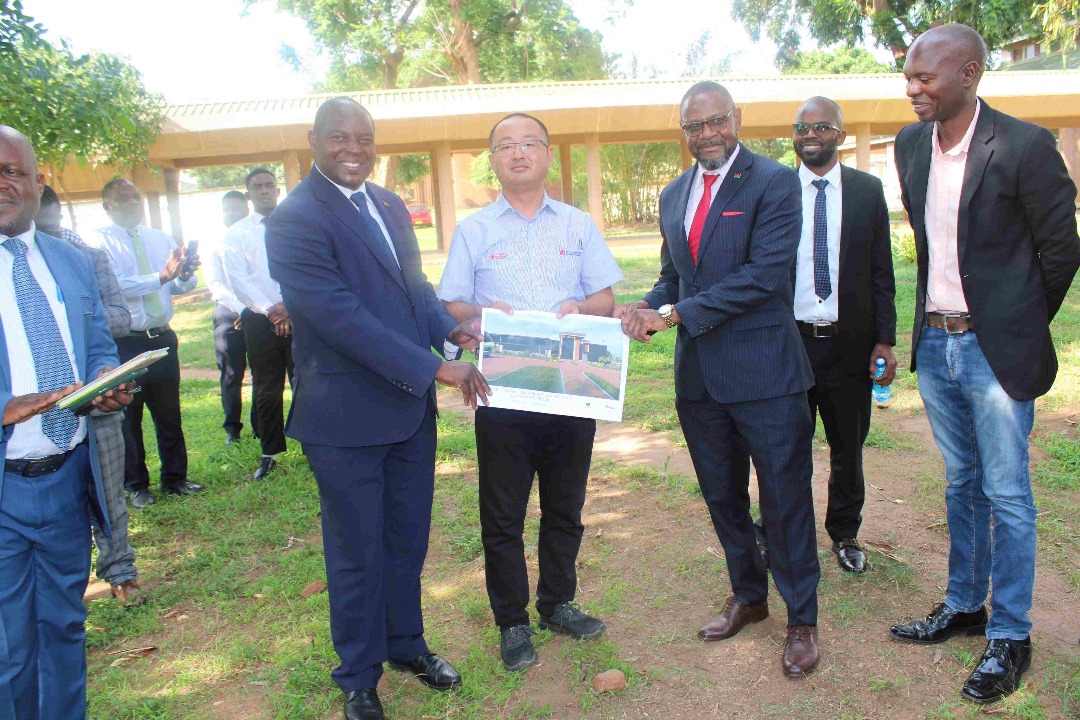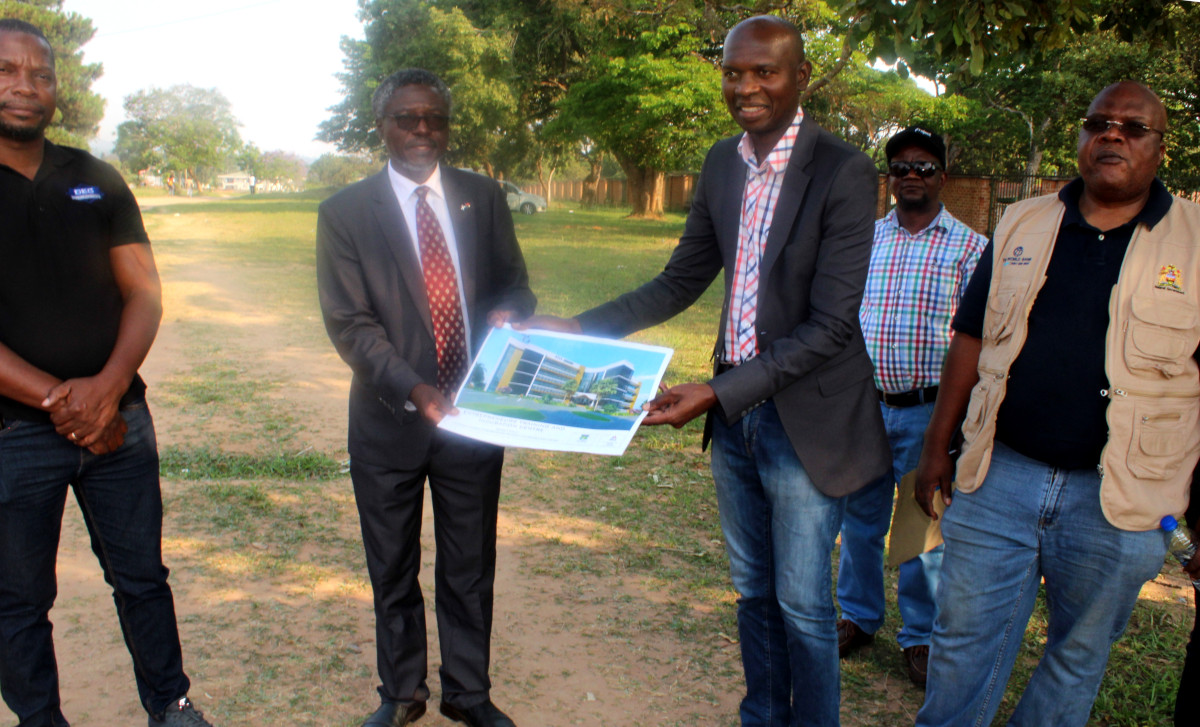Delay in Construction – Implementation Setback
With 20 months before winding up the Skills for A Vibrant Economy (SAVE) Project, Ministry of Education Director of Higher Education Dr. Levis Eneya says delays in rolling out construction of teaching and learning facilities poses a challenge affecting implementation.
Dr Eneya was briefing journalists recently in Blantyre at one of the Mid-Term Review (MTR) meetings the Ministry hosted for the SAVE Project stakeholders in southern region of the country.
The SAVE Project was rolled out in 2021 to increase access, particularly for females, to labourur market relevant skills development programs targeting key priority areas of the economy. He said the project has made inroads in capacity building of lecturers, instructors and curriculum reviews of courses. However, delays in construction of teaching and learning facilities remains a setback.
He said: “So far, the project has equipped female students with soft skills that are needed for the mainstream economic market to be competitive with their male counterparts, but more needs to be done,” he said about delays in starting construction works at all participating public universities and national technical colleges under the project.
The SAVE project, funded by the World Bank for $100 million (about K175 billion) is being implemented for five-years since 2021. The market relevant skills being developed target health, education, transport, energy and information, and communication technology, among others.
SAVE Project Task Team Leader for World Bank Nobuyaki Tanaka commended the pace of the project but stressed the need for sustainable ways to fully meet all objectives.
“The project has made significant progress where female students have equitable access to market-relevant skills in priority areas of the economy,” he said in reference to the increased student enrolment, training of lecturers and instructors in readiness for the surge in enrolment.
Expected to phase out in 2026, the project design seeks to provide skills development through programs offered in selected tertiary education institutions. It also focuses on supporting increase in access to TEVET Skills Development through National Technical Colleges, increased Access to Market-oriented TEVET Programs through Competitive Grants and increased Equity in Formal TEVET through Scholarships.
Participating institutions in the SAVE Project include nine public universities - University of Malawi (UNIMA); Kamuzu College of Health Sciences (KUHeS) (CoM); Kamuzu College of Health Sciences (KUHeS) (KCN); University of Malawi (UNIMA); Lilongwe University of Agriculture and Natural Resources (LUANAR); Malawi University of Science and Technology (MUST), Mzuzu University (MZUNI); Domasi College of Education (DCE), and Nalikule College of Education (NCE). Seven national technical colleges include Livingstonia Technical College; Mzuzu Technical College; Lilongwe Technical College; Salima Technical College; Namitete Technical College; Nasawa Technical College and Soche Technical College and 15 community technical colleges across Malawi.
Popular News

LUANAR Partners with Media to Revolutionise Agriculture Through E-Extension

KUHeS -Lilongwe hits Double: Signs Contract; Hands Over Site

BREAKING NEWS – First Ever SAVE Project Site Handed Over
Vice Chancellors Approve SAVE Project Funding Restructure
Delay in Construction – Implementation Setback
